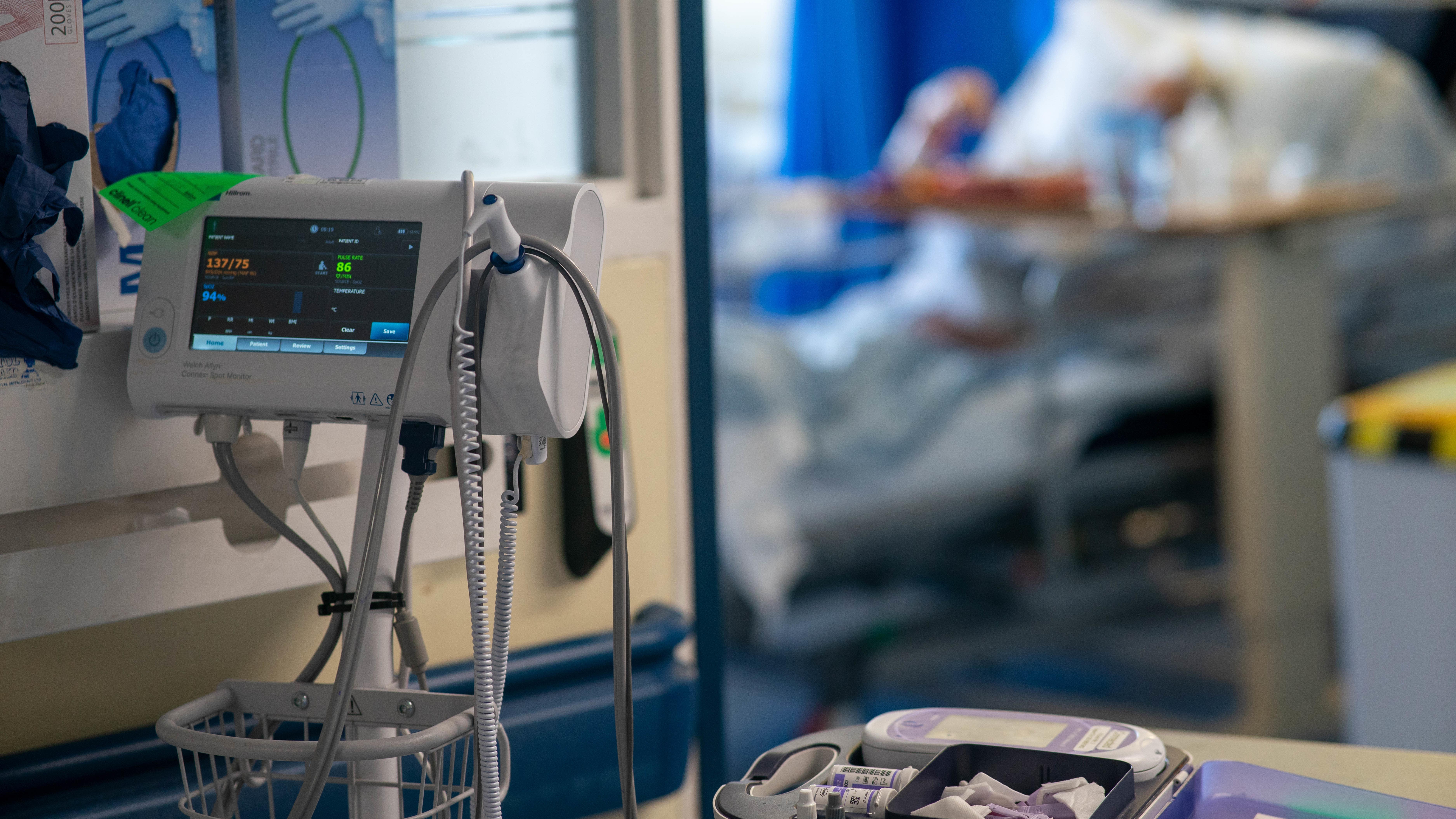Search results
People also ask
Can sepsis cause blood clotting?
How does sepsis affect blood pressure?
What causes sepsis & septic shock?
Feb 10, 2023 · Overview. Sepsis is a serious condition in which the body responds improperly to an infection. The infection-fighting processes turn on the body, causing the organs to work poorly. Sepsis may progress to septic shock. This is a dramatic drop in blood pressure that can damage the lungs, kidneys, liver and other organs.
Jan 19, 2023 · What causes sepsis? Bacterial infections are one of the most common causes of sepsis. Fungal, parasitic and viral infections are also potential sepsis causes. You can get sepsis when an infection triggers a chain reaction throughout your body causing organ dysfunction. The infection leading to sepsis can start in many different parts of the body.
Feb 8, 2023 · Most infections that cause sepsis are bacterial. But other infections — including COVID-19, influenza, and fungal infections — can also lead to sepsis. Sepsis causes fever, a rapid heart rate...
Feb 1, 2024 · Common causes of sepsis include pneumonia, urinary tract infections, and abdominal infections. Treatment in the ICU focuses on stopping the infection, supporting organ function, and...
- Mary Anne Dunkin
News about sepsis, acetaminophen, symptoms
News about Craig Mackinlay, sepsis, Conservative lawmaker
Also in the news
May 17, 2021 · Septicemia (Blood Poisoning): Causes, Management. Home / Health Library / Diseases & Conditions / Septicemia is an infection that occurs when bacteria enter the bloodstream and spread. It can lead to sepsis, the body’s reaction to the infection, which can cause organ damage and even death.
Sepsis occurs when an already-present infection spirals out of control and begins to cause organ damage, and even death. The term “septic shock” is used to describe what’s happening when a person’s blood pressure is low, oxygen delivery to vital organs is compromised, and the threat of death is imminent.
Jan 3, 2024 · Sepsis is a person’s overwhelming or impaired whole-body immune response to an insult —an infection or an injury to the body, or something else that provokes such a response. Sepsis occurs unpredictably and can progress rapidly. In the worst cases, blood pressure drops, the heart weakens, and the patient spirals toward septic shock.






